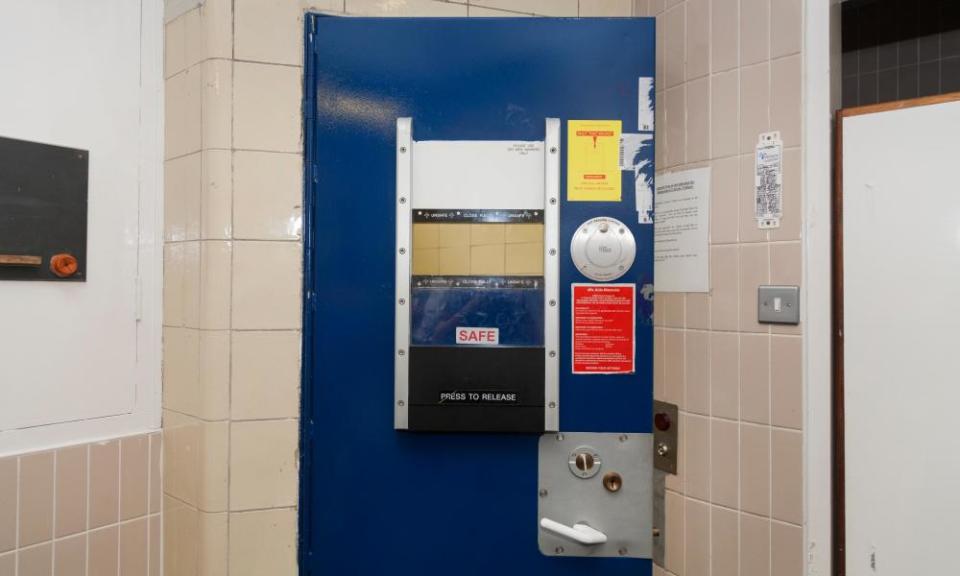Report raises alarm over police detention of vulnerable suspects in England and Wales

Police officers detained and interviewed hundreds of thousands of vulnerable suspects last year in England and Wales in breach of mandatory safeguards, according to the body that sets standards for those who support vulnerable adults in police custody.
The failure by officers to provide an appropriate adult (AA) to people with mental illness, autism or learning disabilities leaves those people at risk of miscarriages of justice, suicide and self-harm, the National Appropriate Adult Network (Naan) says in a report published on Monday.
Using data obtained by freedom of information requests, the charity found that although clinical interviews show 39% of adult suspects in police custody have a mental disorder, the police recorded a need for an AA to be present in only 6.2% of detentions and 3.5% of voluntary interviews. Local variation was found to be huge, with rates at some police forces at just 0.1%.
The chief executive of Naan, Chris Bath, said this meant vulnerable people could have been detained and interviewed 327,000 times without the support the government had agreed was necessary to ensure fairness and protect the legal rights of interviewees and vulnerable suspects.
Bath said: If officers fail to secure the support of AAs, they risk making evidence unreliable. When this is raised in court by lawyers, prosecutions can be abandoned, at significant waste of time and expense.
“Our report reinforces calls for the Home Office to create a statutory duty on local authorities, or another independent body, to provide help for vulnerable adults in police stations,.”
In August 2018 the Home Office made significant updates to rules regarding vulnerable suspects and the presence of appropriate adults, after asking Naan to look into the issue.
The charity has now completed its assessment of whether the changes have improved the situation, and Bath said the finding were disappointing. “The sad fact is that the changes have made no significant difference at all.”
The report also found that less than one in five people identified by NHS liaison and diversion (L&D) services, who operate in police custody to identify vulnerable people, had been given an AA by police.
“Among the 55,301 adult L&D clients who did not have an AA, 68% had one or more mental health issues while 15% were at current risk of suicide or self-harm,” Bath said. “It is hard to understand why anyone that vulnerable is not deemed to be in need of an AA.”
Martyn Underhill, the Dorset police and crime commissioner, who speaks for the Association of Police and Crime Commissioners on police custody, said he would write to ministers to raise awareness of Naan’s report and seek action.
“This latest report from Naan is a sobering and disappointingly familiar read,” he said. “Unfortunately, the evidence collected by Naan clearly demonstrates once again how vulnerable people entering police custody are still not receiving the necessary support.
“This is neither in the interests of police, suspects, nor victims and can undermine public confidence in policing and the wider justice system. There is still a clear need for the government to determine through legislation, a responsible agency to deliver appropriate adults for vulnerable people aged 18 and over, and to provide ringfenced funding for the delivery of this resource.”
A Home Office spokesperson said: “The government is clear that all vulnerable people in police custody should receive the support they need and existing legislation sets out the roles and responsibilities for this.”

 Yahoo News
Yahoo News 